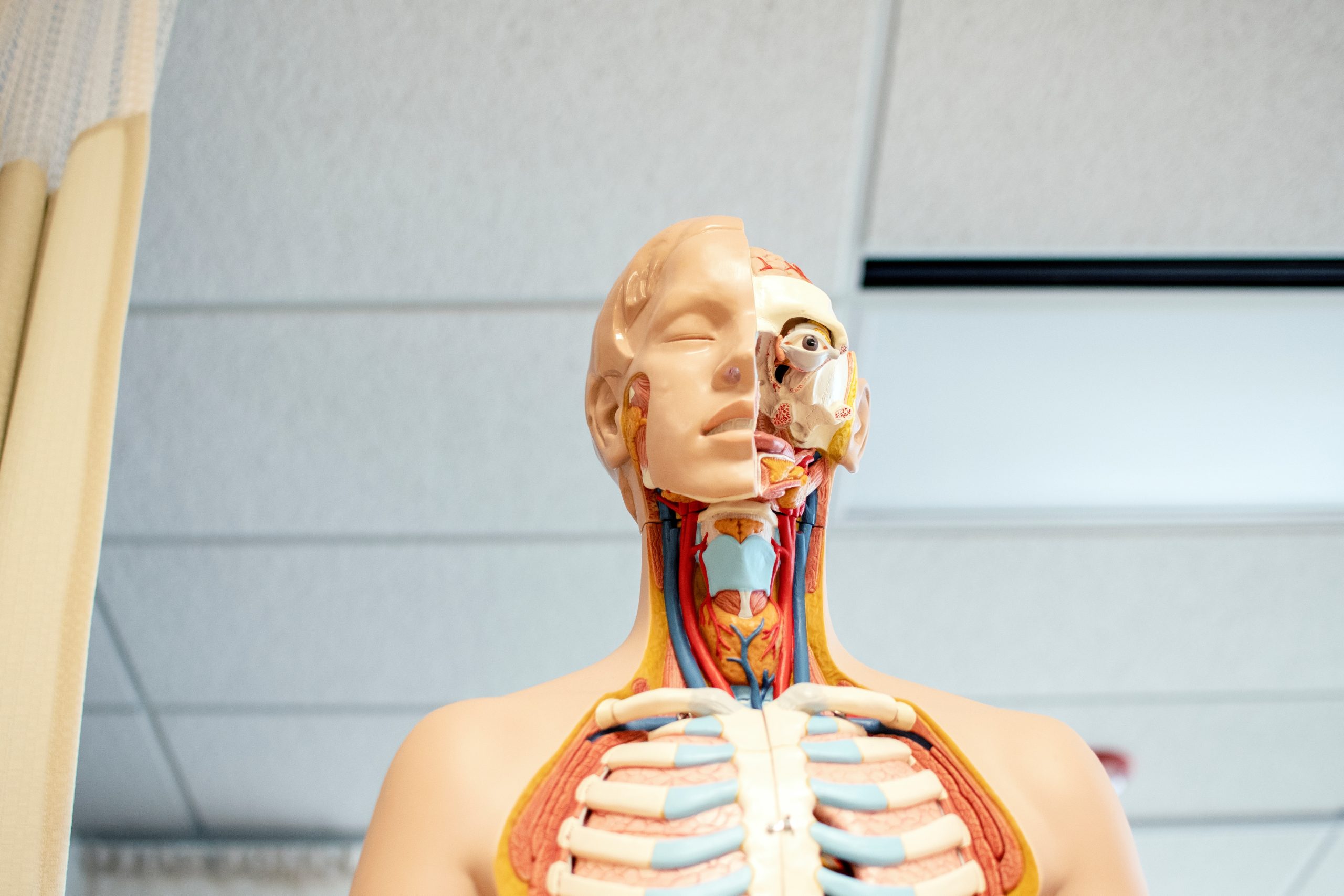Welcome to the fascinating world of synthetic biology and deep tech! These two fields have been making incredible strides in recent years, with breakthroughs that once seemed impossible now becoming a reality. The intersection of these two areas is even more exciting because it promises to revolutionize industries ranging from healthcare to agriculture. If you’re curious about what’s possible when cutting-edge technology meets the power of biology, then this blog post is for you. Join us as we explore the endless possibilities at the intersection of synthetic biology and deep tech.
What is Synthetic Biology?
Synthetic biology is an interdisciplinary field that combines biology and engineering. It involves designing and building biological systems that can perform specific functions, such as producing biofuels or medical drugs. The goal of synthetic biology is to create new biological parts, devices, and systems that can be used for a variety of applications.
At its core, synthetic biology relies on the principles of genetic engineering. Scientists use techniques like gene editing to modify the DNA of organisms in order to achieve certain outcomes. For example, they might insert a new gene into bacteria so that it produces insulin.
One important aspect of synthetic biology is its focus on standardization. To make it easier for scientists around the world to work with these engineered biological systems, there are efforts underway to develop standardized “parts” similar to those used in electronics.
Synthetic biology has enormous potential for solving some of our most pressing challenges in healthcare, energy production, agriculture and beyond.
What is Deep Tech?
Deep Tech is a term that has gained popularity in recent years. It refers to technologies that are rooted in scientific discoveries and engineering innovations. These technologies usually take longer to develop, require significant investment, and have the potential to disrupt entire industries.
Deep Tech encompasses fields such as artificial intelligence (AI), machine learning, robotics, blockchain technology, and more. What sets it apart from other emerging technologies is its focus on solving complex problems that traditional technology cannot address.
One of the key characteristics of Deep Tech is its interdisciplinary nature. It requires expertise from various fields such as computer science, biology, physics, chemistry, mathematics and engineering. This multidisciplinary approach allows for unique solutions to challenging problems.
Another important aspect of Deep Tech is its potential impact on society. Its applications range from healthcare to energy production and transportation systems. For example, AI-powered medical diagnosis tools can improve patient outcomes while reducing healthcare costs.
In summary, Deep Tech refers to cutting-edge technologies that solve complex problems through interdisciplinary research and development efforts with potentially far-reaching impacts on society’s well-being.
The Intersection of Synthetic Biology and Deep Tech
The intersection of synthetic biology and deep tech is a fascinating area that holds immense potential for the future. Synthetic biology involves the engineering of biological systems, while deep tech encompasses advanced technologies such as artificial intelligence, robotics, and quantum computing.
At their intersection lies an opportunity to create innovative solutions to some of society’s most pressing challenges. For instance, synthetic biology can enable us to design microorganisms that can break down plastics or produce biofuels sustainably. Deep tech can help us develop sophisticated machines capable of analyzing large amounts of genetic data in real-time.
Moreover, this convergence enables researchers to explore new frontiers in medicine by designing personalized treatments based on individual patient profiles. Synthetic biology combined with deep tech also offers a promising avenue for developing novel drug discovery methods that could accelerate the development process significantly.
In summary, the intersection between synthetic biology and deep tech presents exciting opportunities across various fields from healthcare to sustainability. The possibilities are endless, and it will be interesting to see what breakthroughs emerge from this collaboration in the coming years.
What’s Possible with Synthetic Biology and Deep Tech?
The intersection of synthetic biology and deep tech has opened up a world of possibilities for innovation in various fields. One area where this combination has shown promise is in the development of novel materials. By using synthetic biology to engineer organisms that produce specific proteins or other molecules, it is possible to create new materials with unique properties.
One example of this is spider silk, which is incredibly strong and flexible. Scientists have been able to use genetic engineering techniques to produce spider silk proteins in bacteria, allowing them to create large quantities of the material without relying on spiders themselves. This technology could be used to develop stronger and more durable textiles, as well as potentially revolutionizing industries like construction.
Another area where synthetic biology and deep tech are making an impact is healthcare. Researchers are exploring ways that engineered cells could be used for targeted drug delivery or even as living factories for producing therapeutic molecules. Additionally, advances in gene editing technologies like CRISPR/Cas9 offer the potential for personalized medicine by allowing scientists to modify DNA sequences associated with certain diseases.
There’s no telling what kind of breakthroughs will emerge from the intersection between synthetic biology and deep tech. With continued research and investment in these fields, we’re sure to see some incredible innovations in the years ahead!
Conclusion
The intersection of synthetic biology and deep tech has opened up a world of possibilities in various industries such as healthcare, agriculture, energy, and more. This powerful combination allows for the creation of new solutions to complex problems that were previously thought impossible.
As we continue to explore this intersection and push its boundaries further, it is important to consider the ethical implications of these advancements. It is crucial to ensure that synthetic biology and deep tech are used responsibly and ethically for the betterment of society.
With ongoing developments in both fields, there’s no telling what exciting innovations lie ahead. The future is bright with endless opportunities waiting to be discovered at the intersection of synthetic biology and deep tech.










